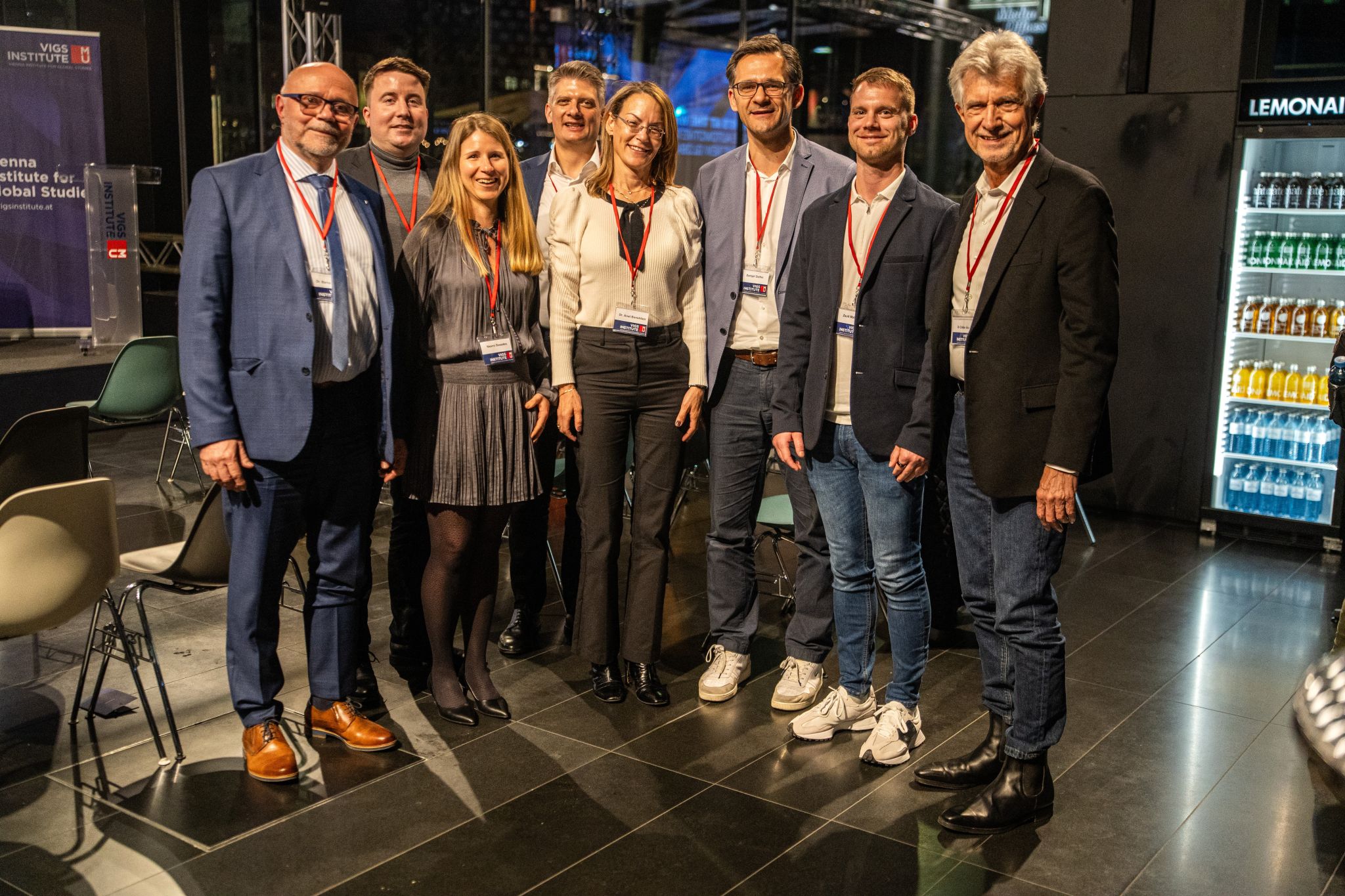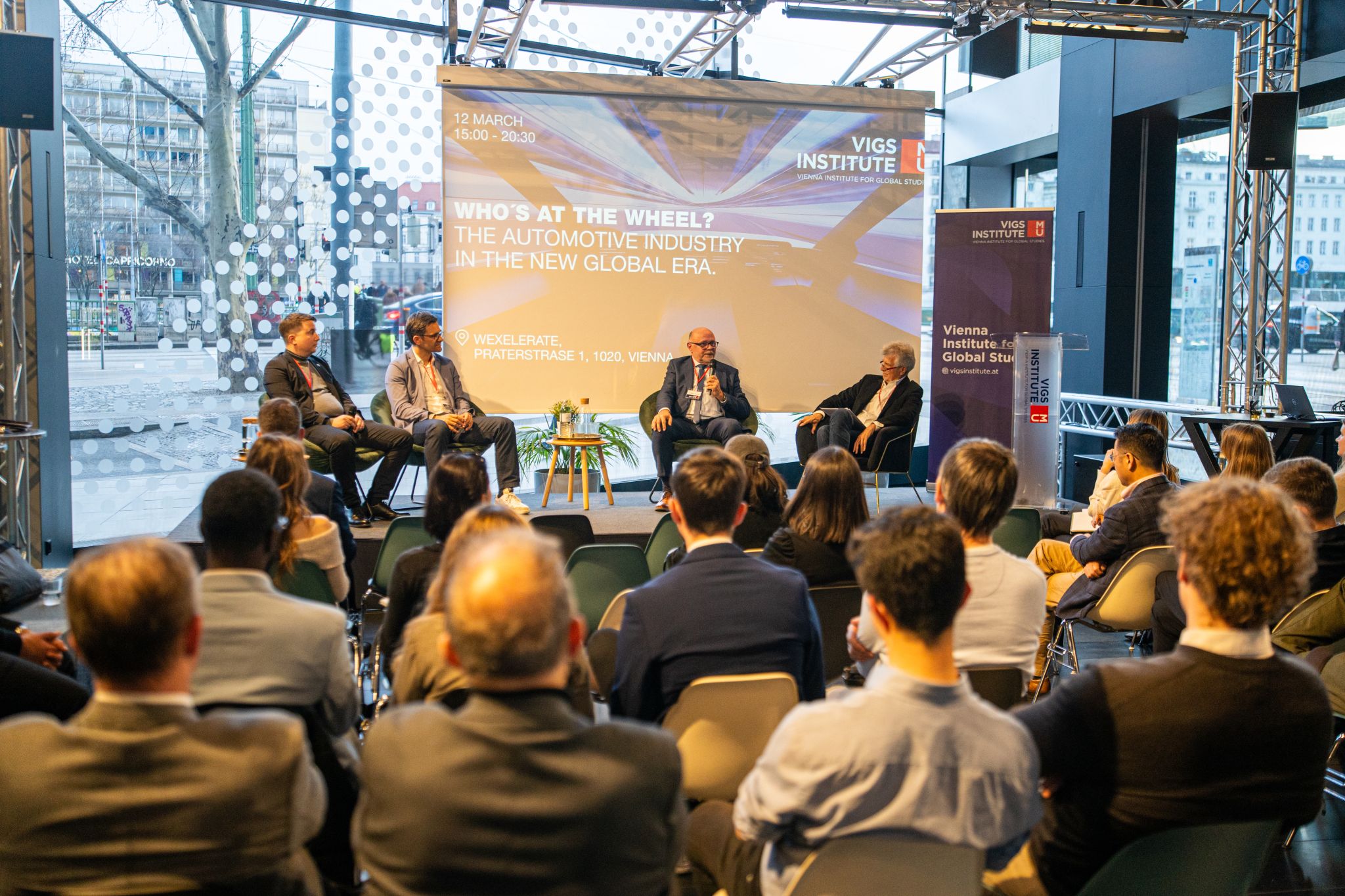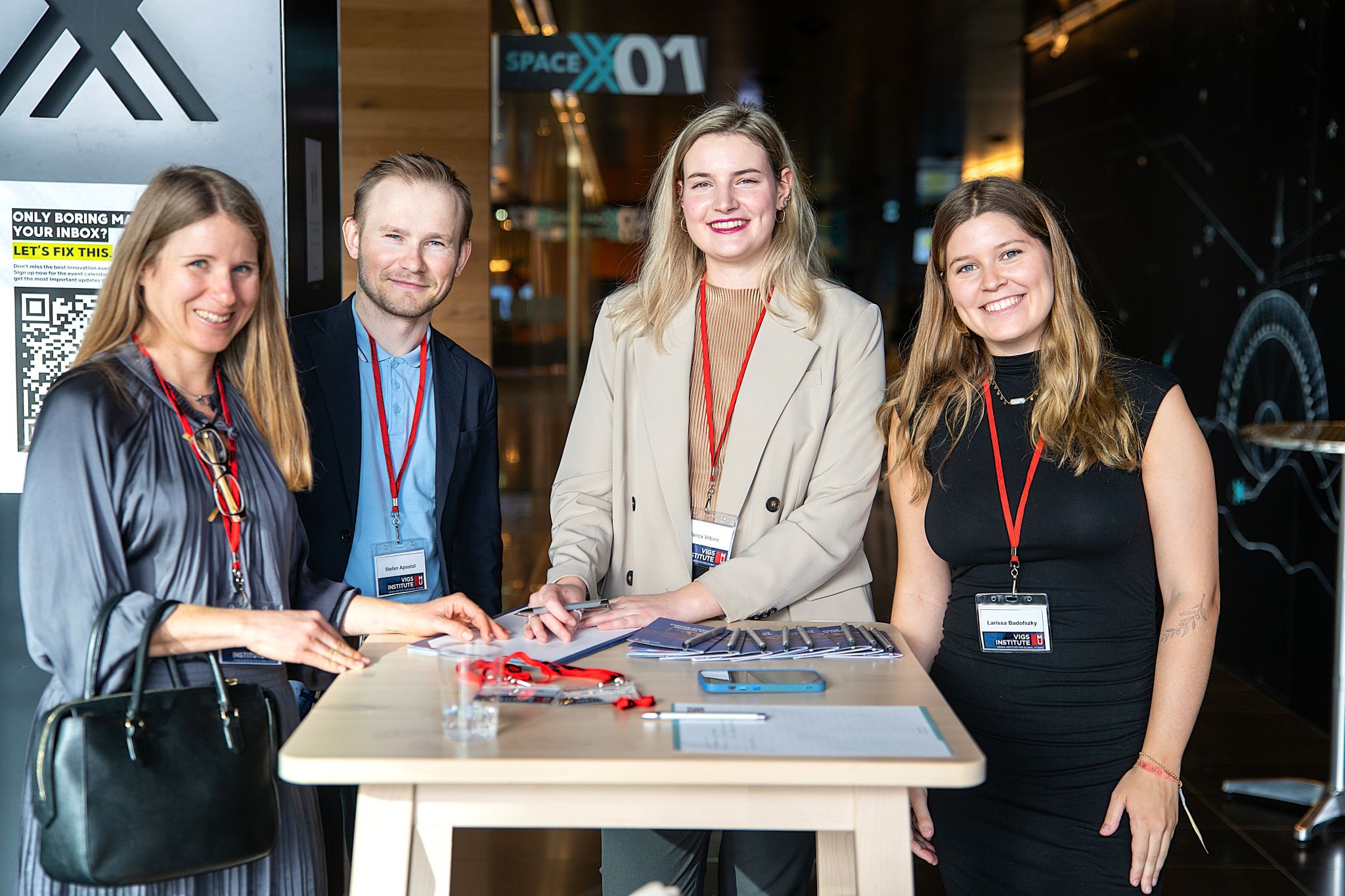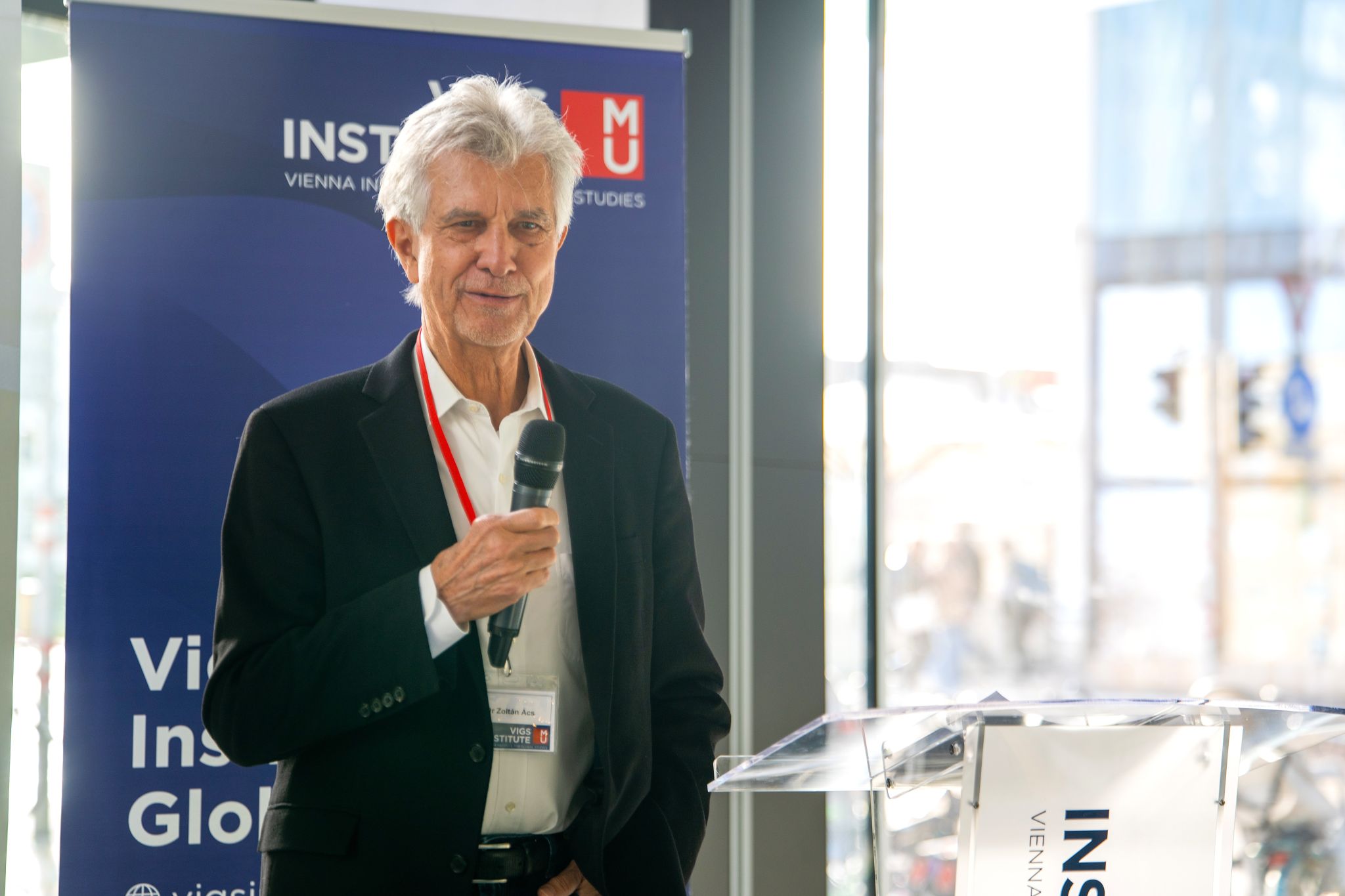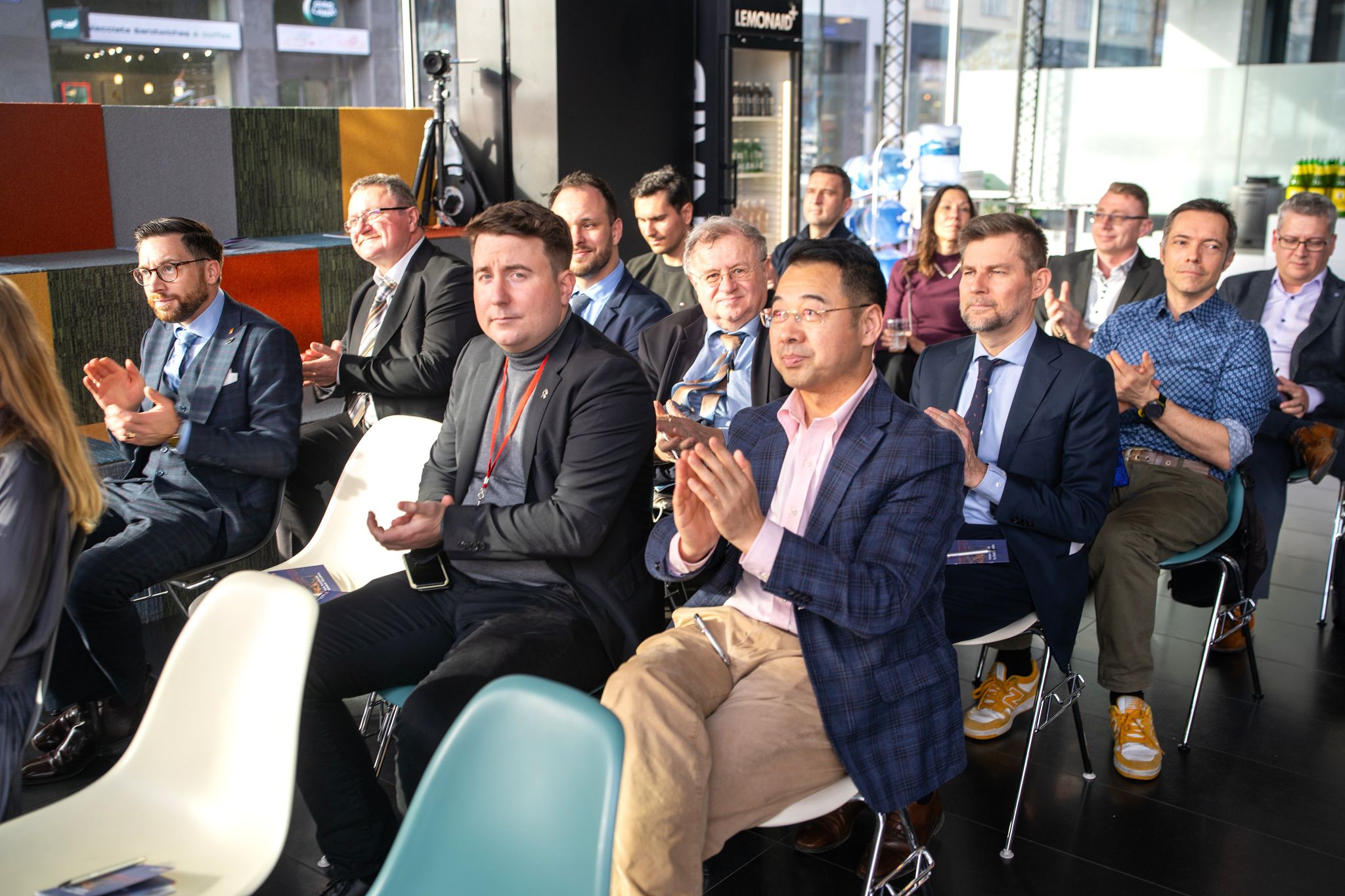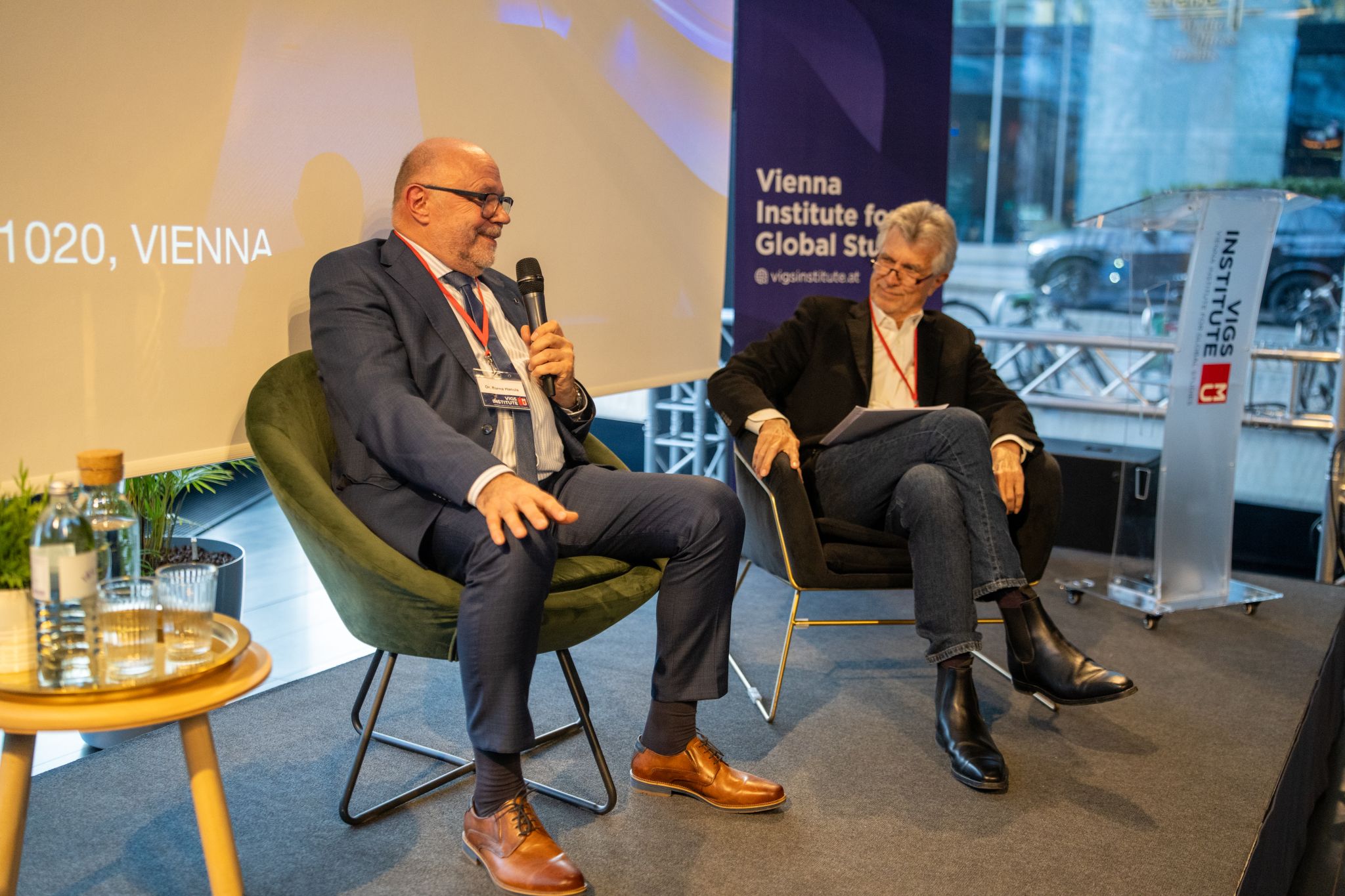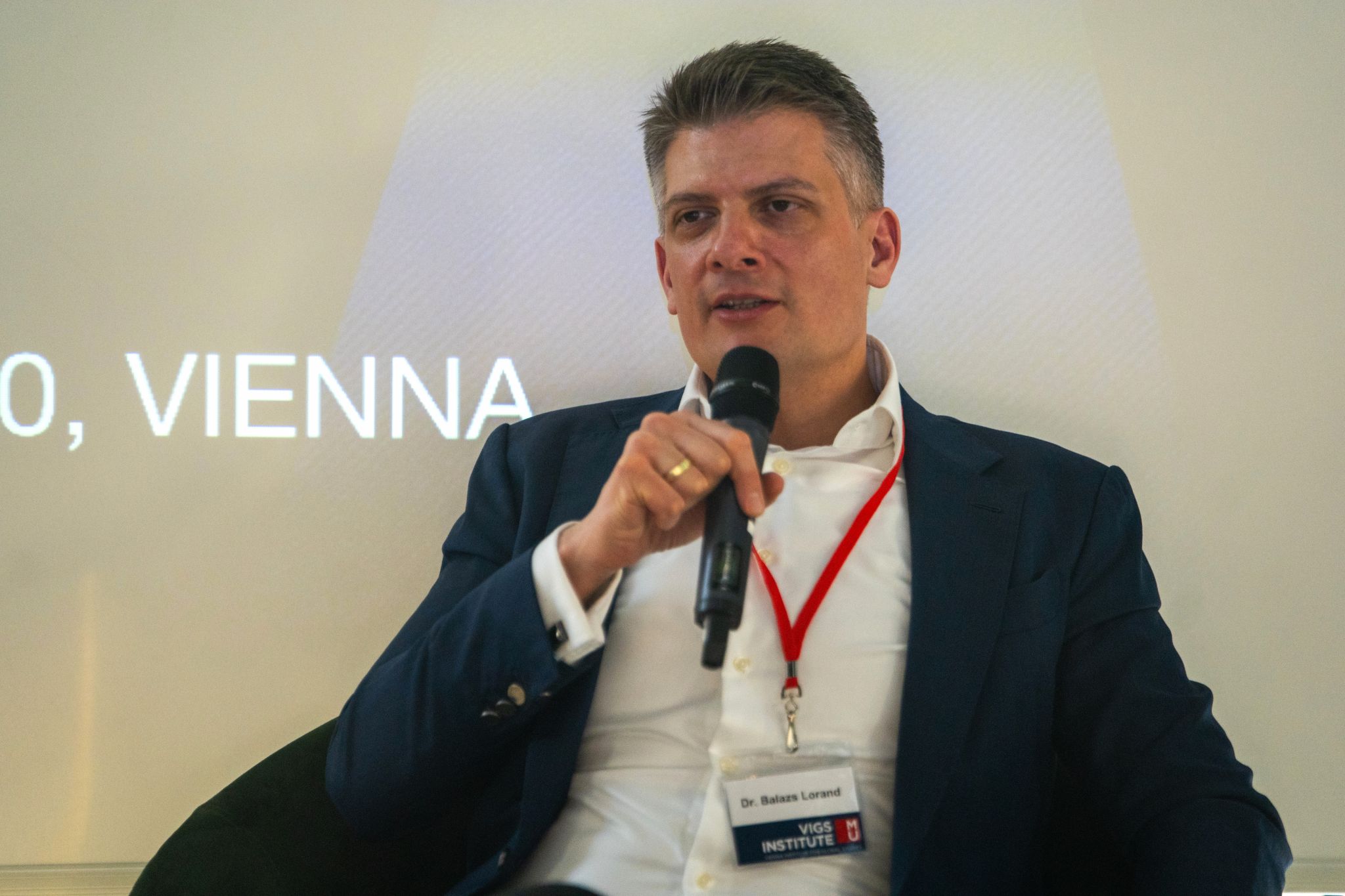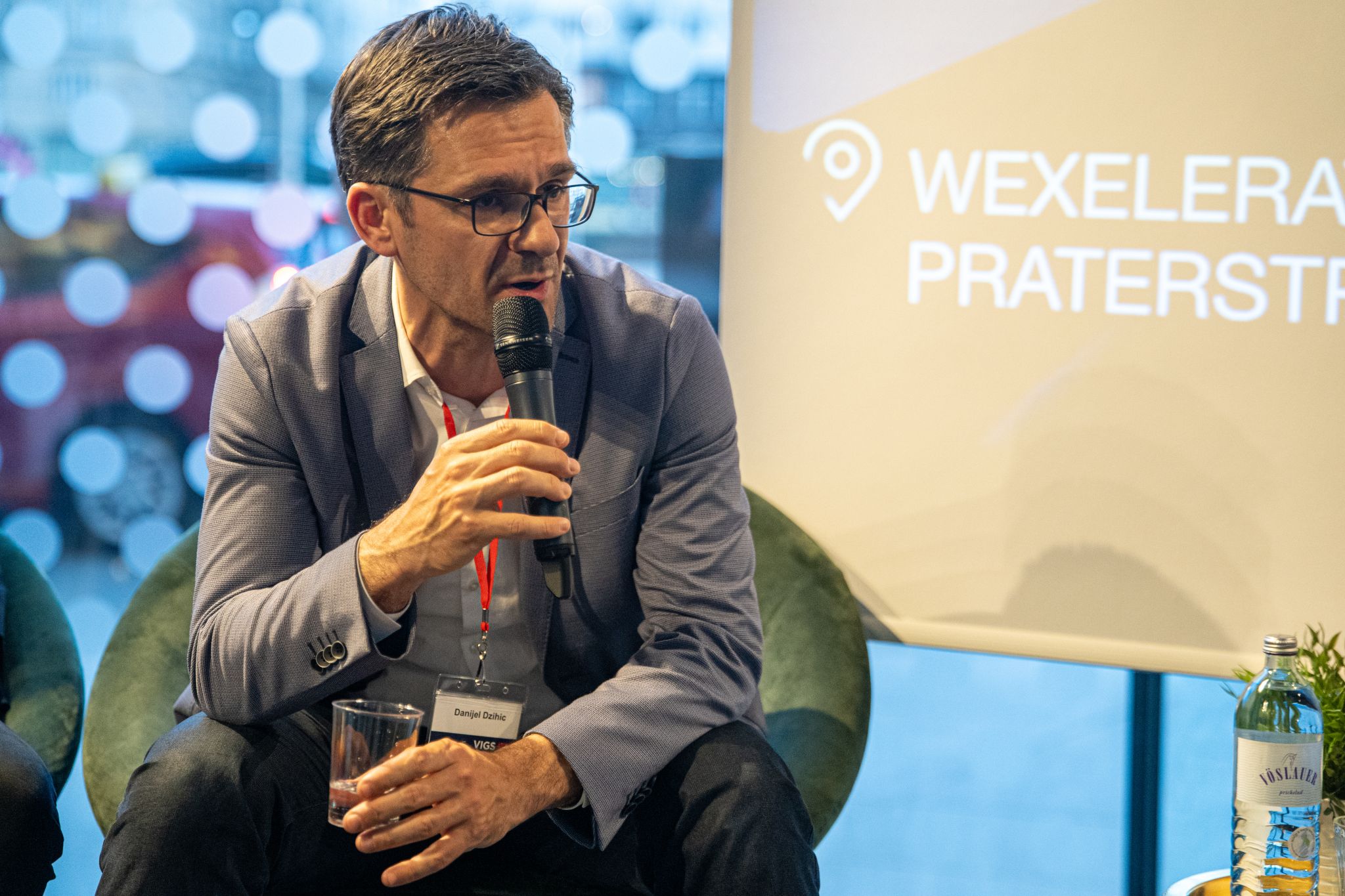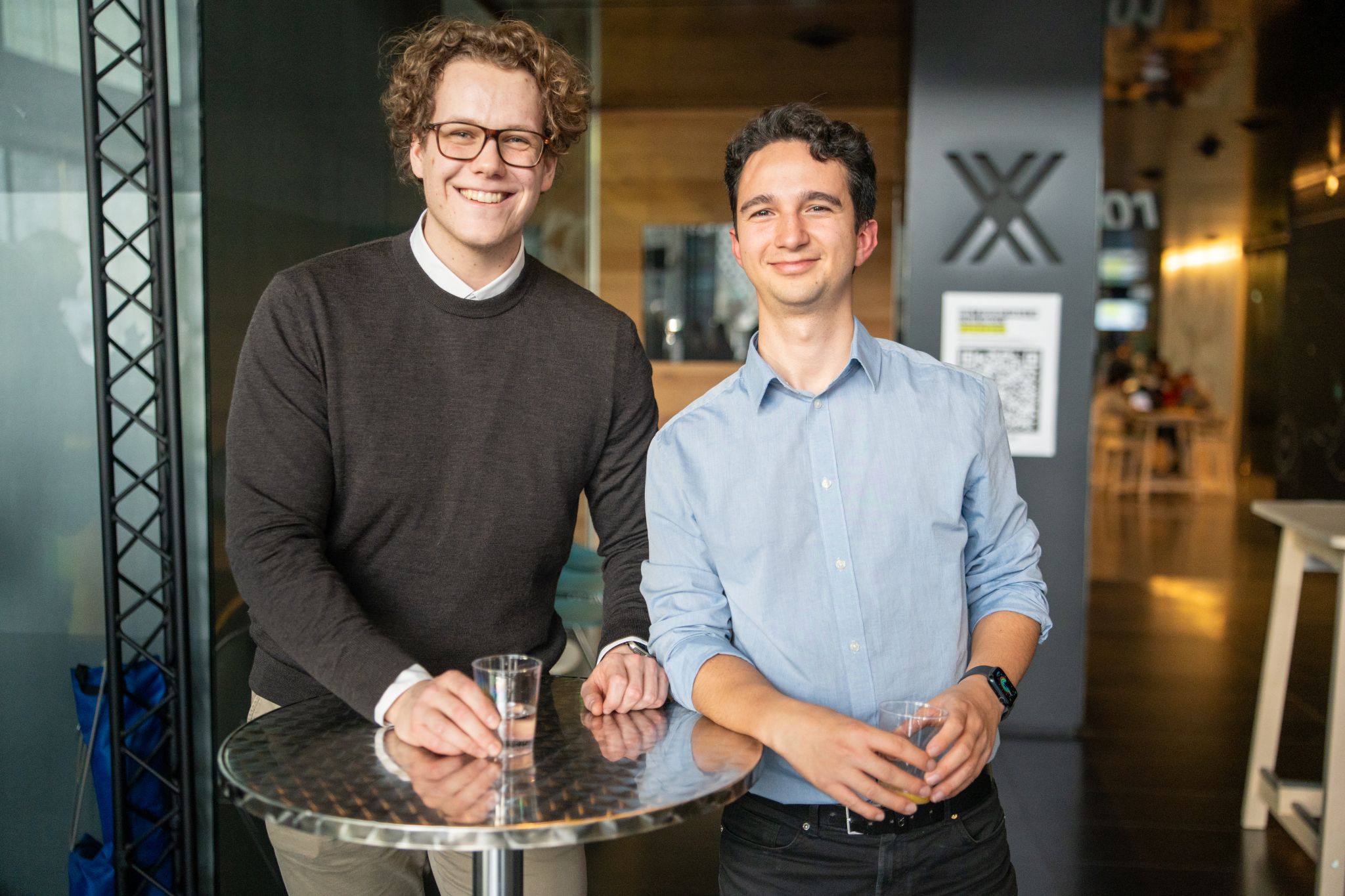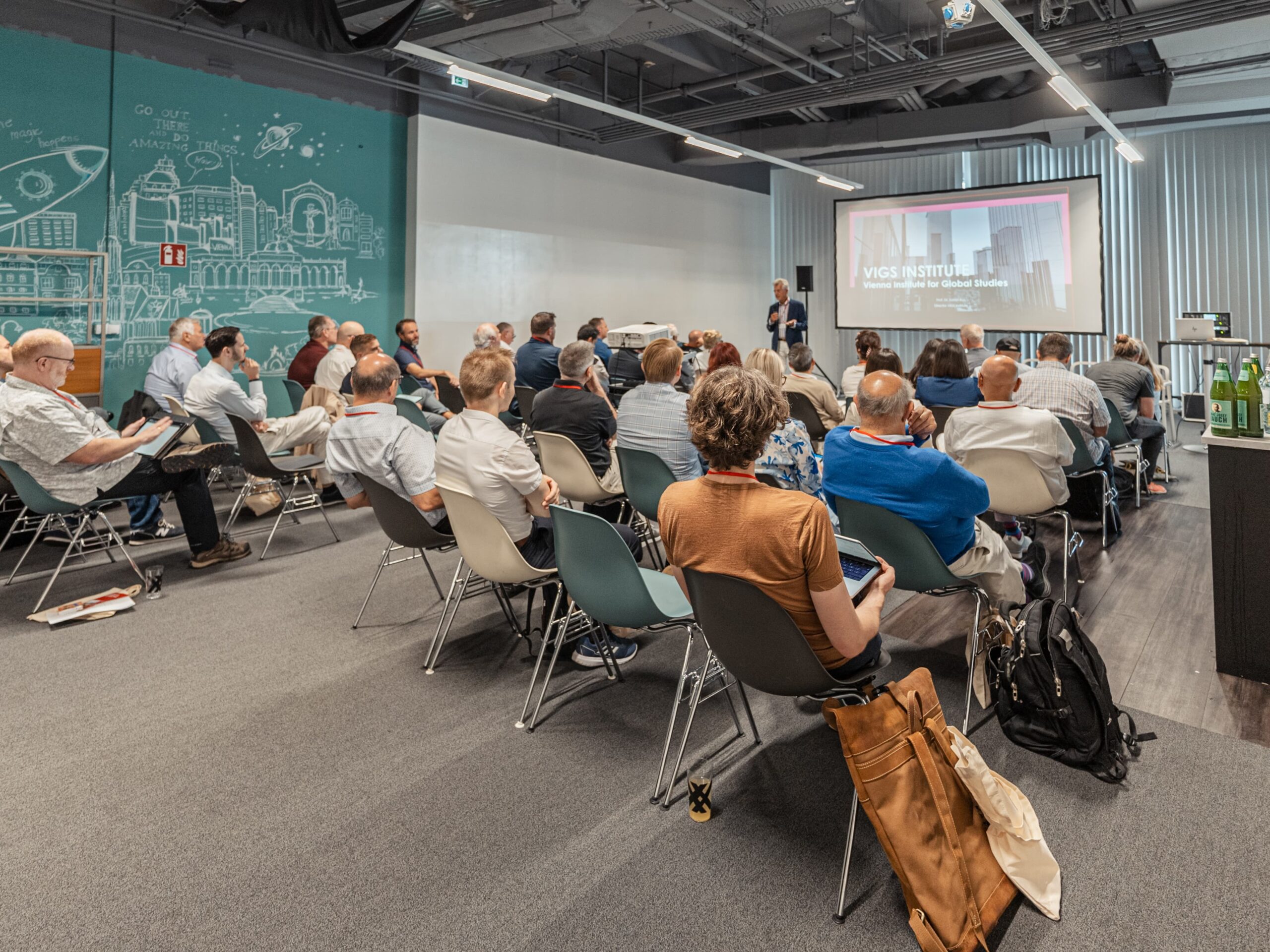The global auto industry is undergoing significant change, driven by new technologies, economic shifts, and changing consumer preferences. This transformation was the focus of a panel discussion hosted by the Vienna Institute for Global Studies (VIGS), where industry leaders and experts examined the key factors shaping the future of mobility.
The event brought together top executives, researchers, and policymakers for a lively discussion. Zoltán Ács, Director of VIGS, opened the gathering, welcoming industry leaders and experts. Attendees included representatives from Tesla, BMW, Volkswagen, Nio, BYD, Continental, and Mobilion Ventures, along with key policy advisors and academics specializing in smart mobility.
From Muscle Cars to Autonomous Mobility: A New Era Begins
The first panel, moderated by Péter Kovács, an entrepreneurship advisor at VIGS, explored major changes in the industry. The discussion featured a group of expert panelists, including:
- Dr. Anat Bonshtien (Partner at Mobilion Ventures; Former Chairwoman and Director of the Smart Mobility Initiative at Israel Prime Minister’s Office)
- Dr. Balázs Loránd (Managing Director of Continental Autonomous Mobility Hungary; Head of AI for the Business Area)
- Zsolt Matics (Founder and CEO of Fit4Race)
The discussion began with reflections on the industry’s transformation—from the dominance of American automotive giants like General Motors, Chrysler, and Ford to the rise of Toyota and BMW—before shifting focus to the defining issues of today: autonomous mobility and sustainability.
Key takeaways from the panel included:
- The Evolution of Autonomous Vehicles: While AI-driven perception systems and real-time decision-making are advancing, full automation (Level 5) still faces regulatory and safety hurdles.
- Electric vs. Hydrogen: The convergence of EVs and autonomous technology continues, though hydrogen remains a contender, particularly for heavy-duty transport.
- Mobility as a Service (MaaS): The shift from personal car ownership to shared, AI-optimized mobility solutions is reshaping global urban transport.
- The Role of AI: From battery optimization to predictive maintenance, AI is becoming the backbone of modern automotive design.
China’s Rise and Europe’s Dilemma: Who Will Win the Race?
The second panel, moderated by Zoltán Ács, explored global market dynamics and the accelerating dominance of Chinese automakers. Participants included:
- Dr. Barna Hanula (Former Dean of the Audi Faculty)
- Martin Steimle (Senior Manager CMQ & Purchasing at NIO Europe)
- Danijel Dzihic (Managing Director at BYD Auto Austria)
The discussion explored the key strategic factors driving China’s automotive success including:
- Speed & Adaptability: Chinese automakers focus solely on electric vehicles (EVs), unburdened by legacy investments in combustion engines.
- Vertical Integration: Companies like BYD control nearly the entire supply chain, reducing dependence on external suppliers.
- Massive Domestic Market & Policy Support: The sheer scale of China’s market and government-backed industrial policies create a fertile ground for innovation.
- A Software-First Mindset: Unlike many European automakers struggling with software integration, Chinese brands prioritize digital ecosystems and AI-powered in-car experiences.
Europe’s Struggle to Keep Up
While European automakers remain global leaders in engineering and brand prestige, they are increasingly challenged by:
- The Premium Dilemma: Many European brands rely on high-margin luxury EVs, but affordability is emerging as a key factor in market competition.
- Regulatory Complexities: While EU policies push sustainability, they also impose restrictions that slow adaptation compared to China’s agile, government-backed industry.
- Localization Strategies: Chinese firms are setting up manufacturing hubs in Hungary and other EU regions, embedding themselves into the European market.
The Future of Mobility: More Than Just Cars
Beyond the automakers, the transformation of mobility has broader societal and economic implications. Discussions touched on:
- Smart Taxation & AI-Driven Regulation: Future taxation models may charge based on real-time usage and emissions rather than traditional vehicle classifications.
- Supply Chain & Sustainability Challenges: Battery material shortages are prompting automakers to invest in local production and recycling innovations.
- Changing Consumer Behavior: Younger generations are embracing shared mobility and digital-first transportation models, redefining traditional car ownership.
Conclusion: A New Order in the Auto Industry?
The automotive industry is at a crossroads. China’s rapid rise, Europe’s battle to remain competitive, and AI’s increasing role in shaping the future will determine the winners and losers in this race.
The VIGS panel discussions highlighted that this transformation goes beyond the auto industry, impacting cities, economies, and global trade. The key question remains whether Europe can adapt in time or if China’s growing influence will become unstoppable.

